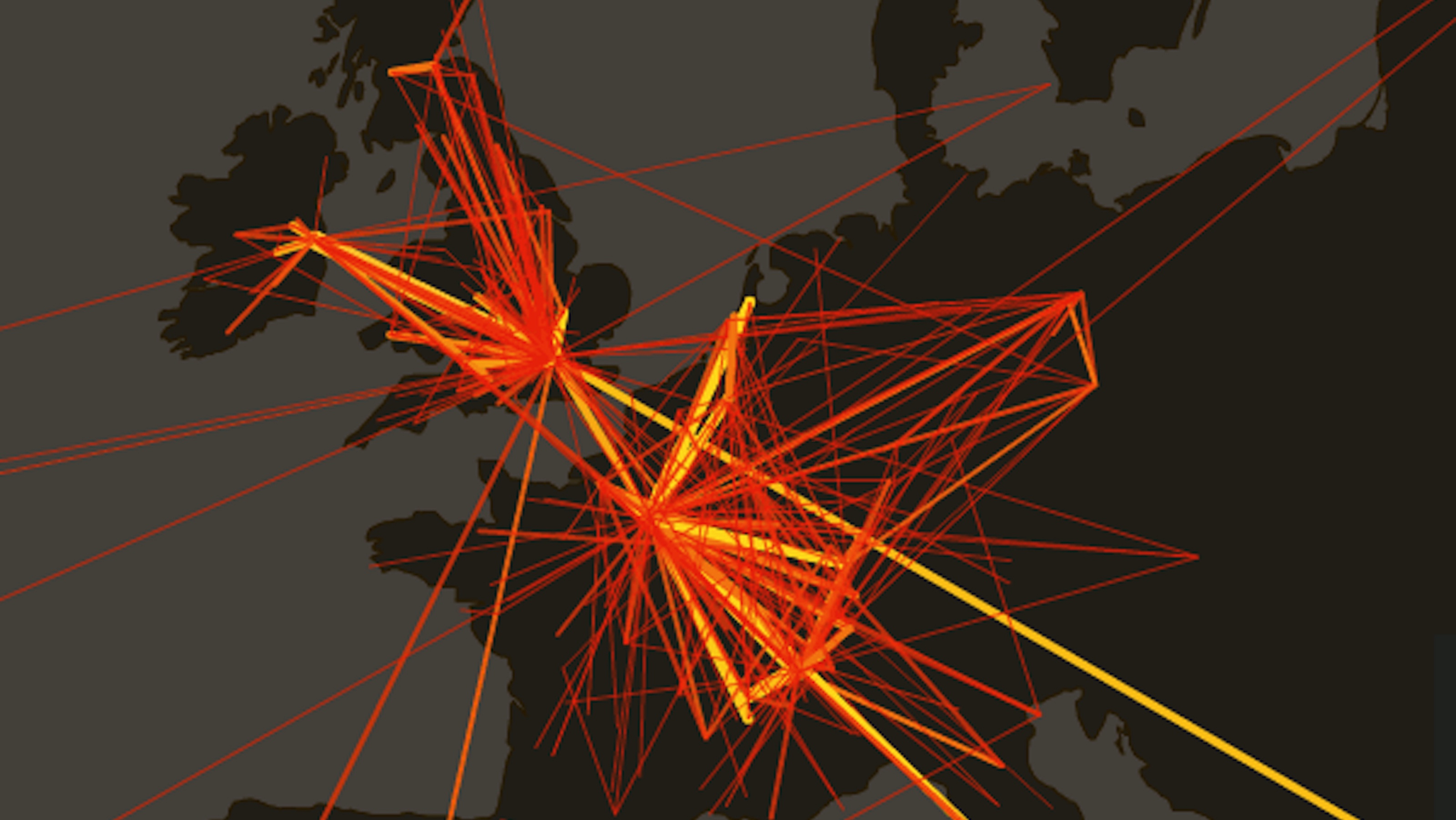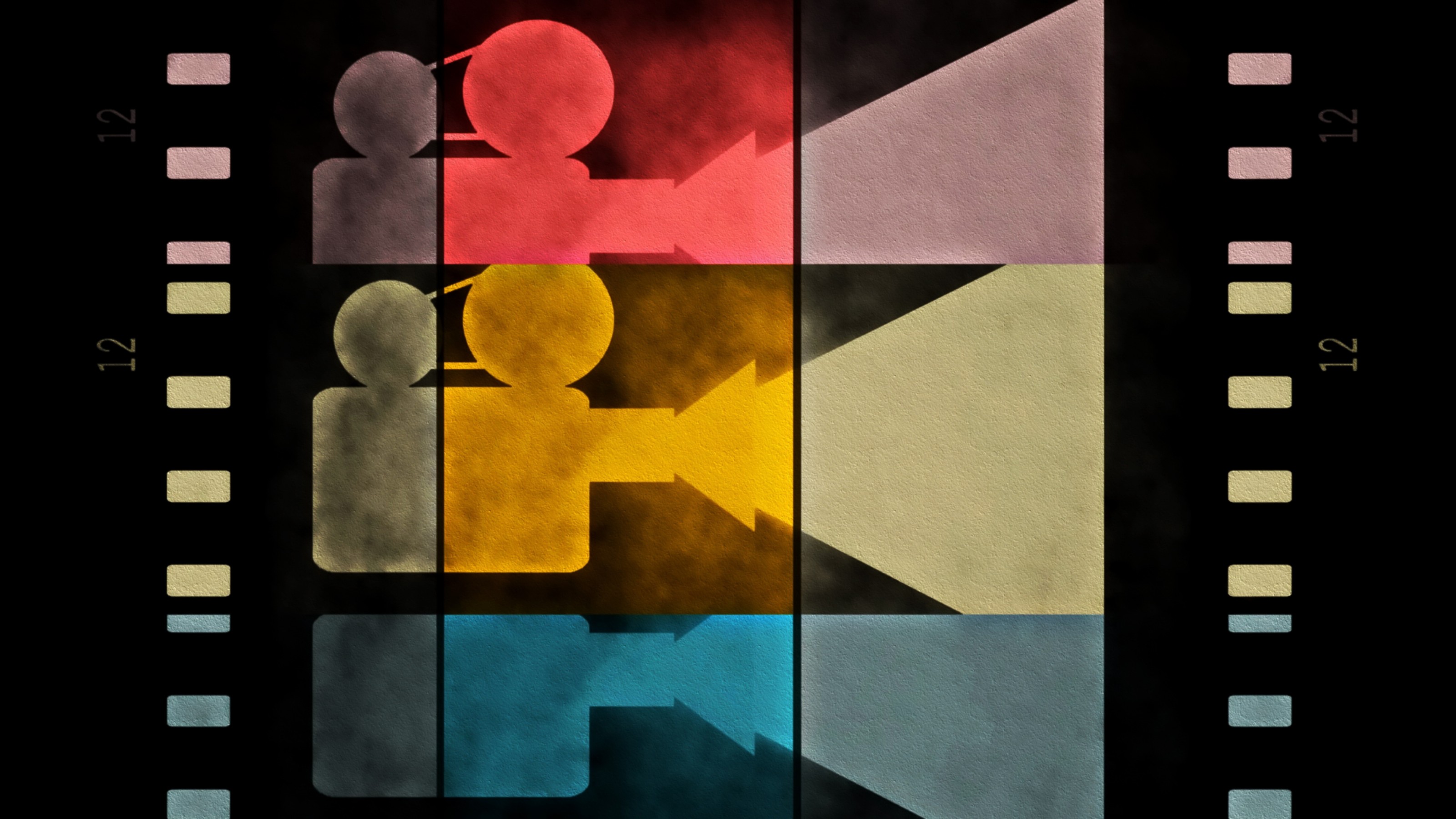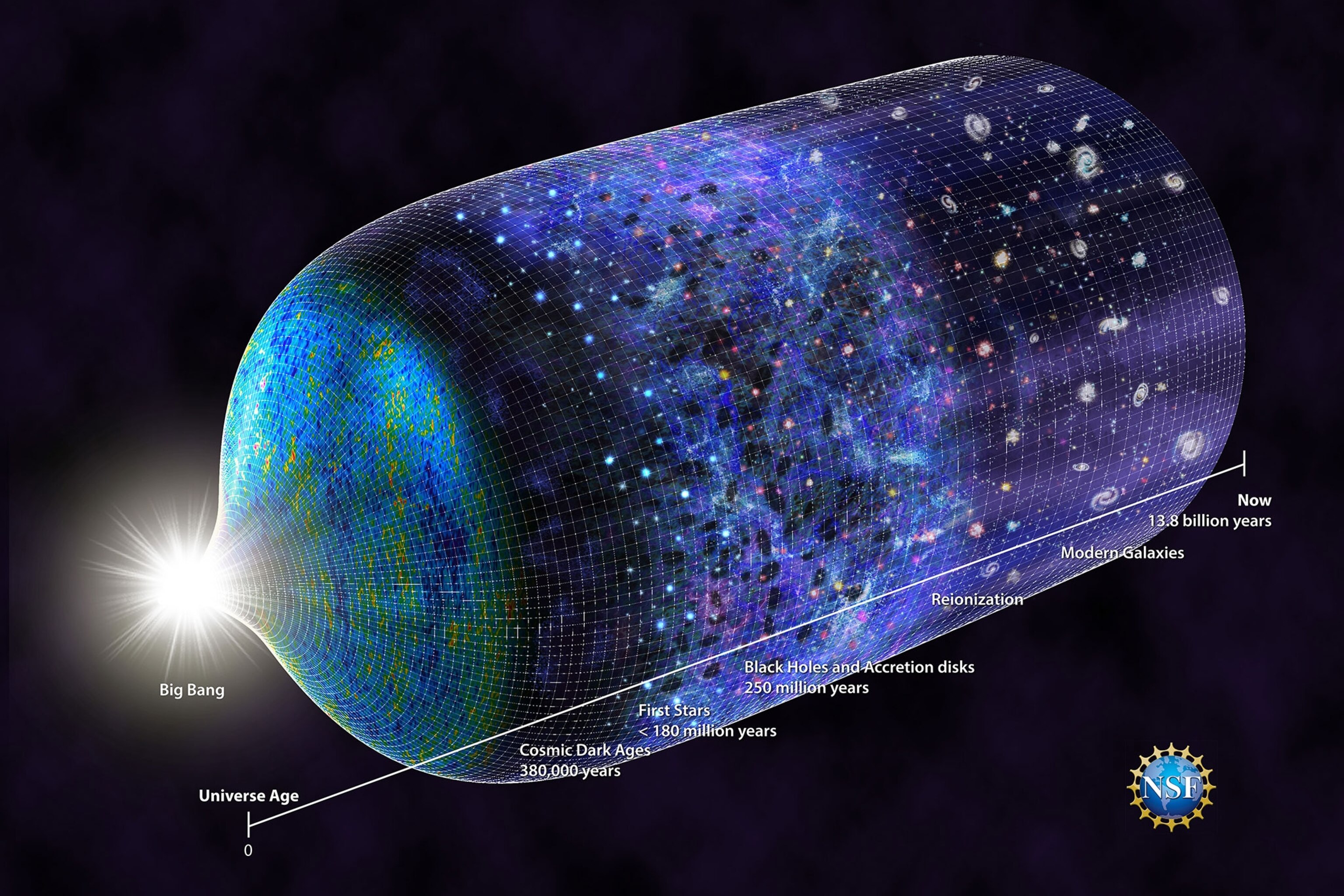America’s vision of security after the 9/11 terrorist attacks excluded domestic threats like gun violence and natural disasters like Hurricane Katrina, says a former assistant secretary of President Obama’s Homeland Security team.
Juliette Kayyem: After the terrorist attacks on 9/11 my field of which I’m guilty of homeland security and national security sort of I think sold the American public an unobtainable dream. And part of it was political, I admit that and the rush to war in Iraq. But I think part of it was just a way of thinking about homeland security that we could be invincible. That we could be fortress America. And that’s just not true. We know that from our day to day experience and we knew it on September 12, right. That this country is all about flow, the flow of people and goods and ideas. And the more security apparatus you put on it the less we will be able to be the kind of citizens we want to be. I often say as a mother I think it’s my god given right to go on Amazon.com and have the delivery the next day. Think of the vulnerabilities right that exist in just that one moment, right. You’ve got to move something from here to there to get to my house. And we have to think of ourselves and our own vulnerabilities as not only desirable but also choices we’ve made. And so that’s how I now think about risk, right. That we are going to accept a level of risk from whatever harms come our way and we can try to prevent them and prepare for if they happen.
But we also should get better about responding and thinking about how we would protect our own families and communities if something were to happen. But this idea that, you know, the idea after 9/11 that never again was going to be our standard, right. Never again. I understand that. We were traumatized. It was delusional. And we’ve been successful at stopping that kind of attack. But, you know, the idea that we’re going to stop every sort of loner who becomes radicalized in his basement online and has easy access to guns and can walk into any soft target. The idea that any security apparatus is going to stop that guy is just – it’s delusional. And I think we have to sort of accept that while there are risks out there they are far outweighed by the lack of violence in our society. But that those risks are just ones that we have to accept.
I also think that from those who were critical of the Bush administration in those years as I was that it created a sort of counter narrative, right, that the reaction to it was to think it was all a bunch of BS, right. That there were no threats or that nothing that the government could do was ever going to help us and, you know, these guys are just right wing fanatics who want to put up walls everywhere. And I think the truth lies somewhere in between. For me that moment of there’s a space in between, you know, what I call tuning out and freaking out was Hurricane Katrina for me. Was a recognition, just several years after 9/11 that a country that’s so focused on sort of never again, right and sort of stopping 19 guys from getting onto four airplanes had failed the city and let it drown.
And I think that we have to sort of find that space in between those two extremes and recognize that there are risks but that we actually can do a lot to minimize those risks to ourselves. And so like one perfect example is look, I’m a counter terrorism expert, right. But I know that the greatest risk to my kids when they go to a movie theater or wherever else is going to be guns, right. We just live in a society – and I also know I alone will not solve the gun challenge. But I think in terms of finding that middle ground about talking about preparedness and risk reduction, I think most gun owners get that five year old and guns don’t work well together. They get the idea of lock boxes, of even biometric identification or fingerprint identification on guns. I think if we can begin to find even common space on the greatest extreme in our security and safety discourse maybe we can start to make some progress.





